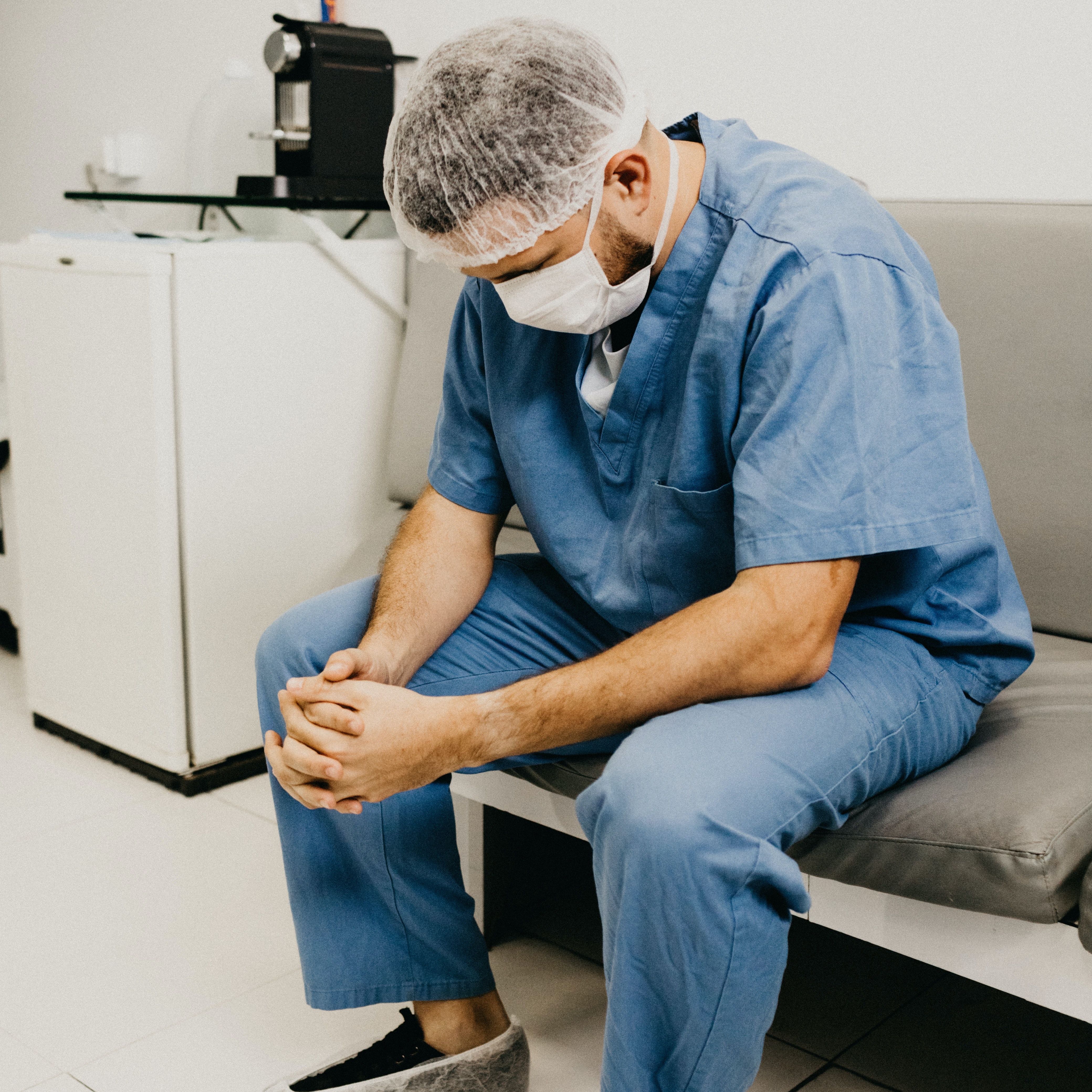Article
The Complexity of Treating Physicians
Author(s):
A longtime psychiatrist writes on a doctor's propensity for irritation, anxiety and self-medicating, and the work that goes into caring for colleagues.

Decades of assessing and treating physicians has taught me a basic lesson: that they can be complicated, tough to diagnose, and hard to treat. What makes them complex seems to be a tension, a dynamic interplay between their personality makeup, their medical knowledge and the culture of medicine. Let me break this down.
Physicians come in all shapes and sizes. I’m being careful not to simplify or reduce their personalities to stereotypes, but there are traits that stand out. One of these is perfectionism.
Should a physician develop psychiatric symptoms, like anxiety, self-doubts, low spirits, or obsessional thinking, these may be very hard for them to accept. The physician begins to self-diagnose. Instead of feeling proud that she’s made the correct diagnosis, she feels the opposite, scared and embarrassed. Instead of accepting that she’s developing hallmarks of an illness, she feels flawed, which is hard when you’re usually super-competent and confident. Strike 1.
Even if the doctor “confesses” these changes to family members or close friends, they may be baffled and not always be supportive because they’re so accustomed to her being on top of her game. Strike 2.
How accepting or understanding is the world of medicine, predicated as it is on selective competition, exclusivity, excellence and pride? Strike 3.
Added to this mix is a paradoxical tendency for doctors to delay going for help. One would think that faced with symptoms a physician would dash off to their doctor. Not so in this case.
When doctors wait a long time before seeking help, their condition might worsen and become harder to treat. Or they might get into trouble at work because their symptoms affect their behavior—they’re late for clinic, become testy and irritable, or grow flat and detached. Some might start treating themselves with drug samples or self-prescribing, which they often don’t get right, thereby developing side-effects like drowsiness or loss of technical coordination.
Too many drown their troubles in alcohol, which only worsens the original condition, and provokes the added risk of developing the co-morbidity of a substance use disorder.
This is what I mean by complexity. At the point that they become a patient these individuals may already be quite ill, and this needs to be recognized and accepted by the treating psychiatrist. Judging the doctor for so many self-defeating behaviors is unacceptable and unprofessional. I have found it best to simply accept the old adage: “It is what it is.” And I try my best to be patient and understanding with such difficult and interwoven issues, in that for physicians becoming a patient is a process not an event.
Many rookie psychiatrists get impatient with doctor-patients and expect a different response from them because they’re physicians. “She should know better” is the refrain. I tell them it’s best to forget that she’s a doctor, and that once you get to know her, you’ll find that there are all kinds of personal and family reasons that explain her actions.
A final word about complexity. My most problematic physician patients have required more than my care. In fact, I’ve learned the hard way on this one, that it’s been too much to bear for me to manage them on my own. That I do a better job, and my patient gets better treatment, if the responsibility is shared with other health professionals, such as a psychologist, primary care physician, psychopharmacologist, addiction medicine specialist, forensic professional, clergy person, or physician coach.
For many people, the thought of a physician having personal problems is alien, even heresy. We are seen as above or immune to the vulnerabilities and flaws of the rest of humankind. Doctors are revered as highly-educated professionals, solid as a rock, healers driven by an immutable code who can be counted on to take care of us when we’re sick, applying their wisdom and medical or surgical prowess to make us better—even to save our lives in times of crisis.
But we’re not perfect, as we too can get ill and need colleagues to help us in our hour of need, and that is where I come in.
Fortunately, more and more physicians are talking about their mental health struggles in significant ways, some in private, others publicly. Psychiatrists and other mental health professionals are extending a hand, offering their services, making the care of colleagues a professional priority. And the ever-evolving world of medicine is changing too, with recognition of, and renewed respect for, its physicians. How my heart swells with relief, gratitude and hope.
Dr. Michael F. Myers, author of Becoming a Doctor's Doctor, is Professor of Clinical Psychiatry and recent past Vice-Chair of Education and Director of Training in the Department of Psychiatry & Behavioral Sciences at SUNY-Downstate Health Sciences University in Brooklyn.
He is the author or co-author of eight other books, including Why Physicians Die By Suicide, The Handbook of Physician Health and Doctors’ Marriages.
The views expressed in the article represent those of the author, not necessarily those of the publication.
Clinicians and experts interested in responding to this piece, or submitting their own articles to HCPLive, can contact the editorial team here.




